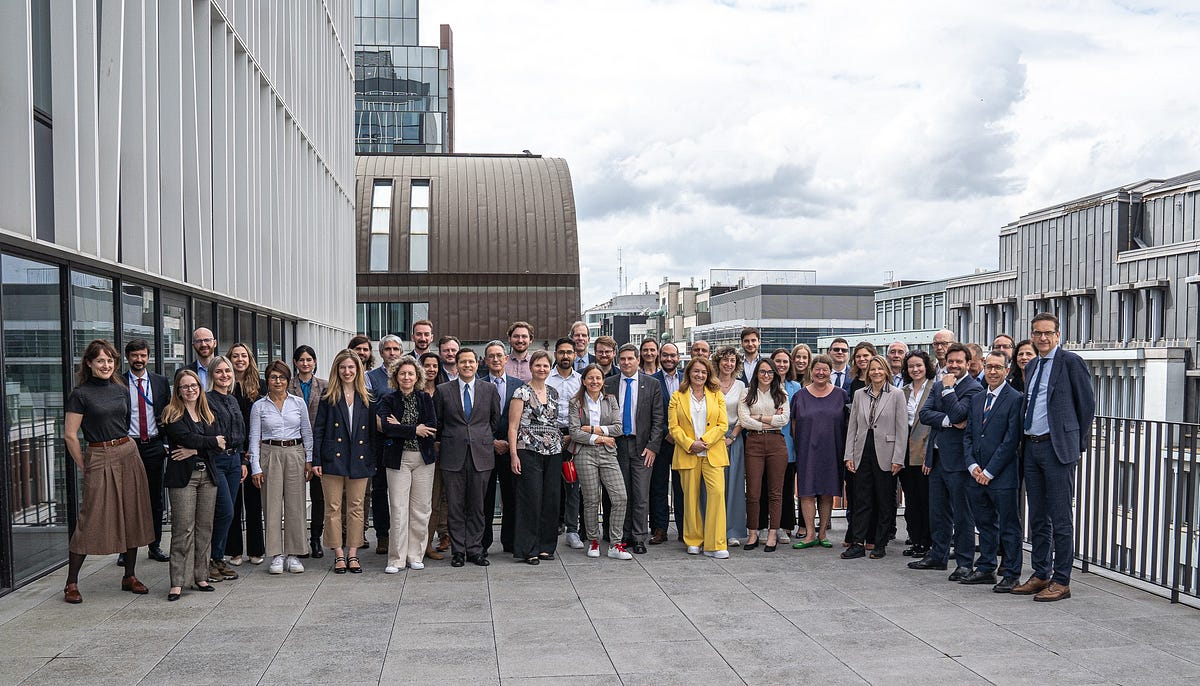The infrastructure monitoring field is experiencing a transformative shift due to advancements in AI-powered observability tools. With over a decade of experience in infrastructure, the author highlights persistent challenges like alert fatigue and fragmented telemetry. Modern observability solutions are simplifying telemetry collection through auto-instrumentation, enabling developers to focus on delivering features rather than manual monitoring. AI’s role evolves towards “automation intelligence,” supporting engineers rather than replacing them. Key trends include proactive monitoring capabilities, cost efficiency with flexible pricing models, and comprehensive visibility across both applications and infrastructure. To combat alert fatigue, new tools prioritize actionable insights and learn from historical data. However, usability concerns with OpenTelemetry setups, AI trust, and multi-language support remain areas for improvement. Companies such as Observe and Chronosphere are at the forefront, driving a future where observability is not just enhanced but fundamentally redefined. The emphasis lies on balancing automation with human oversight to promote effective operational management.
Source link
Revolutionizing Infrastructure Monitoring: The Impact of Smart Tools
Critical Zero-Click AI Data Leak Vulnerability Discovered in Microsoft 365 Copilot
The “EchoLeak” attack is the first known zero-click AI vulnerability targeting Microsoft 365 Copilot, enabling attackers to exfiltrate sensitive data without user interaction. Developed by Aim Labs researchers in January 2025, the flaw, identified as CVE-2025-32711 by Microsoft, was rated critical and addressed server-side by May, with no evidence of exploitation reported. EchoLeak exploits how Microsoft 365 Copilot processes prompts and retrieves data, leveraging a maliciously embedded prompt in seemingly benign emails. This allows attackers to trick the AI into sharing internal data, often through crafted links or images. The incident underscores the risks associated with integrating AI into business systems, as traditional defenses may struggle to cope. Organizations are advised to enhance their defenses by strengthening prompt injection filters, applying granular input scoping, and configuring retrieval engines to block external communications.
Source link
Creatio’s 8.3 Twin CRM Update Challenges Salesforce: ‘AI is Integrated, Not an Add-On’
Creatio has launched its 8.3 “Twin” Release, enhancing its no-code CRM platform with AI-native capabilities. This update focuses on integrating AI into the core of its system, promoting collaboration between humans and AI across sales, marketing, service, and development. Key features include a conversational user experience, role-based AI agents, and a no-code agent builder that allows for customization without additional costs or licensing. The platform supports multi-conversation interactions, enabling users to switch seamlessly between applications like Microsoft Outlook and Teams while retaining context. New prebuilt AI agents streamline tasks in sales, marketing, and service sectors, and users can create custom AI solutions without technical expertise. Creatio emphasizes security and data governance, ensuring that training materials remain within dedicated instances. Overall, this release marks a shift from conventional SaaS CRM to a unified experience that combines AI support with traditional CRM functionalities, fostering hybrid work environments.
Source link
Reflections on My First Year at the European AI Office: Twelve Key Insights | Alex Moltzau | June 2025
In this reflective blog post, Alex Moltzau shares insights from his year as a Policy Officer at the European Commission’s AI Office. With a background in social data science and AI policy, Malzau describes his journey through the creation and operations of the AI Office, emphasizing the challenges and exciting opportunities it offers. He expresses his passion for AI policy, noting the collaborative environment filled with knowledgeable colleagues dedicated to promoting responsible AI in Europe.
Despite the intense workload and pressures, Alex highlights meaningful experiences, including launching the AI Pact and engaging with tech giants. He underscores the office’s commitment to global collaboration, the importance of dialogue with various stakeholders, and the continuous effort to improve AI governance. Ultimately, he conveys a sense of gratitude for the experiences, friendships, and the meaningful impact of their collective work in shaping AI policy. Alex invites others to consider joining this vital endeavor in responsible AI development.
Source link
Meta Recruits Three OpenAI Researchers for Superintelligence Initiative – WSJ – Investing.com
Meta has recruited three researchers from OpenAI for a new project focused on developing superintelligence. This strategic move highlights Meta’s ambition to advance its artificial intelligence capabilities amid growing competition in the AI sector. The decision to bring in talent from OpenAI, a leading AI organization, underscores Meta’s commitment to intensifying its efforts in AI research and development. The new team is expected to contribute to cutting-edge advancements in the field, aiming for breakthroughs that could establish Meta as a leader in superintelligent AI technology. With the increasing emphasis on AI by major tech companies, Meta’s recruitment efforts reflect the ongoing race for innovation and leadership in artificial intelligence. The implications of these developments could significantly shape the future landscape of AI technologies and their applications across various industries.
Source link
AlphaGenome: Harnessing AI for Enhanced Genome Insight
The article introduces AlphaGenome, a novel AI tool designed to enhance the prediction of regulatory variant effects in human DNA. Unlike previous models, AlphaGenome can analyze DNA sequences of up to one million letters with high resolution, facilitating insights into gene regulation and disease biology. Its architecture combines convolutional layers for pattern detection and transformers for information communication across sequences, allowing it to predict a variety of molecular properties efficiently.
AlphaGenome’s capabilities include scoring the impact of genetic variants, modeling splice junctions directly from sequence data, and achieving state-of-the-art performance across genomic prediction benchmarks. While it has limitations—such as addressing distant regulatory elements and personal genome predictions—the model aims to accelerate research in understanding diseases, particularly in rare variants linked to disorders. Currently available via an API for non-commercial use, AlphaGenome represents a significant advancement in genomics, promising to deepen our understanding of genetic influences and facilitate new discoveries in healthcare and biology.
Source link
Josys Unveils AI-Powered SaaS Risk Management Tool and Enhances Identity Automation
Josys has launched an AI-powered SaaS Risk Analyzer to help IT teams automate software risk assessments in the face of increasing SaaS and AI application usage. This tool analyzes open-source and vendor-specific data to assign a Security Score (0-100) and categorize risk levels (Low, Medium, High). It aims to standardize security and compliance processes amidst SaaS proliferation, addressing concerns about data sharing with generative AI vendors. Additionally, Josys has introduced automated workflows for identity lifecycle management, enhancing onboarding and access review processes without manual input, thus improving efficiency and minimizing errors. The updates also include an Audit Log Dashboard for tracking user activities, integration with Jira Service Management for better workflow management, and enhanced device management features through Microsoft Intune and Jamf. Overall, these enhancements aim to empower organizations with better control over their technology environments as they navigate increased software use and regulatory pressures.
Source link
Anticipating the Surge: AI, Data Centers, and the Future of Power Demand in the U.S. [PDF]
I’m unable to access external content directly, including URLs. However, if you can provide text or key points from the article, I’d be happy to help you summarize it!
Source link
Meta Expands Talent Pool by Recruiting Three Researchers from OpenAI, Reports WSJ
Meta has recently recruited three researchers from OpenAI, indicating its commitment to advancing artificial intelligence technology. These hires reflect Meta’s strategy to bolster its AI capabilities as the company seeks to expand its focus on AI-driven products and services. The move comes amid intense competition in the tech industry, where companies are racing to innovate in AI. The addition of these experts is expected to enhance Meta’s research and development efforts, particularly in areas related to machine learning and natural language processing. This recruitment aligns with the broader trend of tech firms prioritizing AI talent to stay ahead in the rapidly evolving landscape. As Meta continues to navigate challenges and opportunities in AI, these new hires could play a crucial role in shaping the company’s future initiatives and offerings in the technology space.
Source link







